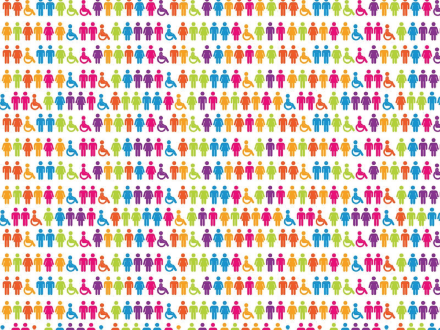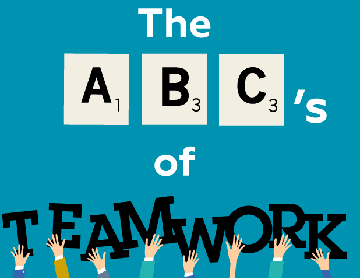Effective Communication for Effective Coaching
Communication is our first act of interaction when meeting people. Communication builds and maintains friendships and is the glue that binds relationships together. Communication is essential for us to achieve what we want out of life. In a coaching or mentoring relationship, open and effective communication is a must. It is the inherent foundation upon which the whole relationship grows and develops.
Successful communication is a two-way process, sending as well as receiving. You must first present your ideas in a form others can understand and then listen to others to understand how your message is being received. This mutual understanding is necessary if the purpose of any communication is to be achieved.
In other words, effective communication is a process that involves 5 basic steps:
The speaker must:
- Identify a meaning they want to express
- Code that meaning into words and non-verbal cues
The listener must:
- Accurately receive, or hear, the words and non-verbal cues
- Decode the meaning of the words.
- Respond to the speaker in a way that indicates accurate understanding of the message
In coaching conversations it is critical that both parties are on the same wavelength and understand each other because we don’t all feel, think or speak the same way. People have different values, views, expectations, opinions and prejudices based on their past experiences, education levels, political viewpoints and cultural or economic backgrounds. When you send information it won’t necessarily be heard the way you intend. People hear what you say through filters and will interpret your message in a way that is meaningful to them and makes sense from their perspective.
Always be aware and sensitive to possible filters that will influence your individual. Plan the message you want to convey, ask questions that aid clarity and understanding and provide feedback for reinforcement. Feedback achieved through effective questioning helps you check the listener’s level of understanding. Feedback given and received is the catalyst for making appropriate adjustments in the communication process to ensure you achieve mutual understanding as you strive to identify and reach important goals with your individual.
To progressively strengthen the coaching relationship and to achieve the greatest value and meaningful communication from coaching sessions, coaches must listen attentively and use empathy to understand the other person’s message. As a coach, making the effort to understand your individual’s feelings and beliefs doesn’t mean that you have to accept or agree with his or her point of view. Undoubtedly, you have heard empathy expressed in the saying, “Put yourself in the other person’s shoes”. Through exercising empathy we show others that we understand and appreciate them. Empathy is the ability to look at a situation from another’s viewpoint and understand that person’s feelings and beliefs.
Check out LMA’s Above the Line Coaching and Mentoring course to explore these concepts in more detail and to further develop the coaching and mentoring relationship.






